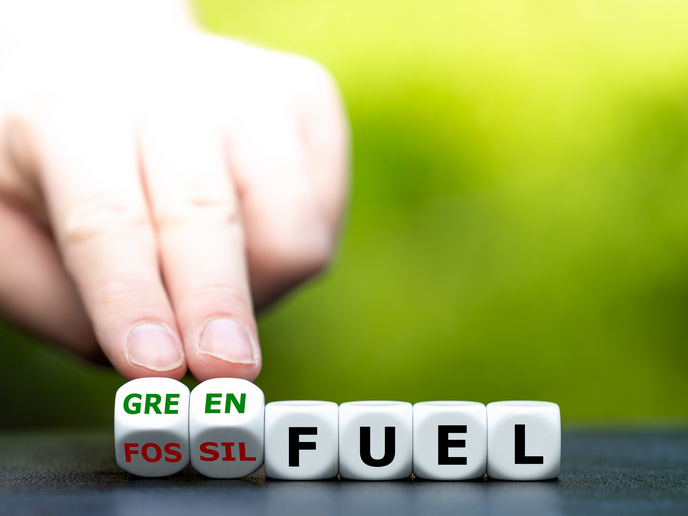Bridging the energy divide
Energy cost and availability are major challenges in poorer regions of Europe. Introducing renewable energy and energy-efficiency technologies can help these regions meet their energy needs cost effectively, whilst protecting the environment. Funded by the Sixth Framework Programme's (FP6) 'International Cooperation' theme, the RES INTEGRATION project sought to do just that. With European partners from the EU and Western Balkans, the consortium studied the implementation of innovative, low-cost renewable energy and energy-saving solutions in selected poorer regions. the project aimed to find novel ways of rolling out renewable energy to supply up to 100 % of local energy requirements, partly by tapping local sources. To achieve this, RES INTEGRATION proposed integrated renewable energy systems (IRES) for each region in question. An IRES is an energy system which enjoys optimal autonomy, including for food production, with any surpluses being exported. Each partner carried out various activities in their selected region, including mapping the current energy situation and studying the potential for innovative energy solutions. Based on this, a sustainable development scenario for the region and a prototype IRES model were formulated. This was then refined based on an analysis of socioeconomic costs and benefits. In order to ensure uptake and implementation, the results were integrated into existing and planned international aid and development schemes for each region. RES Integration also developed a blueprint for initiatives to stimulate market development in the agricultural and energy sectors of the participating EU and Western Balkan countries. The results of the project are expected to help participating poorer regions gain energy autonomy, and meet their energy needs affordably and sustainably. It will also help them to contribute to national and European emissions reduction targets.







